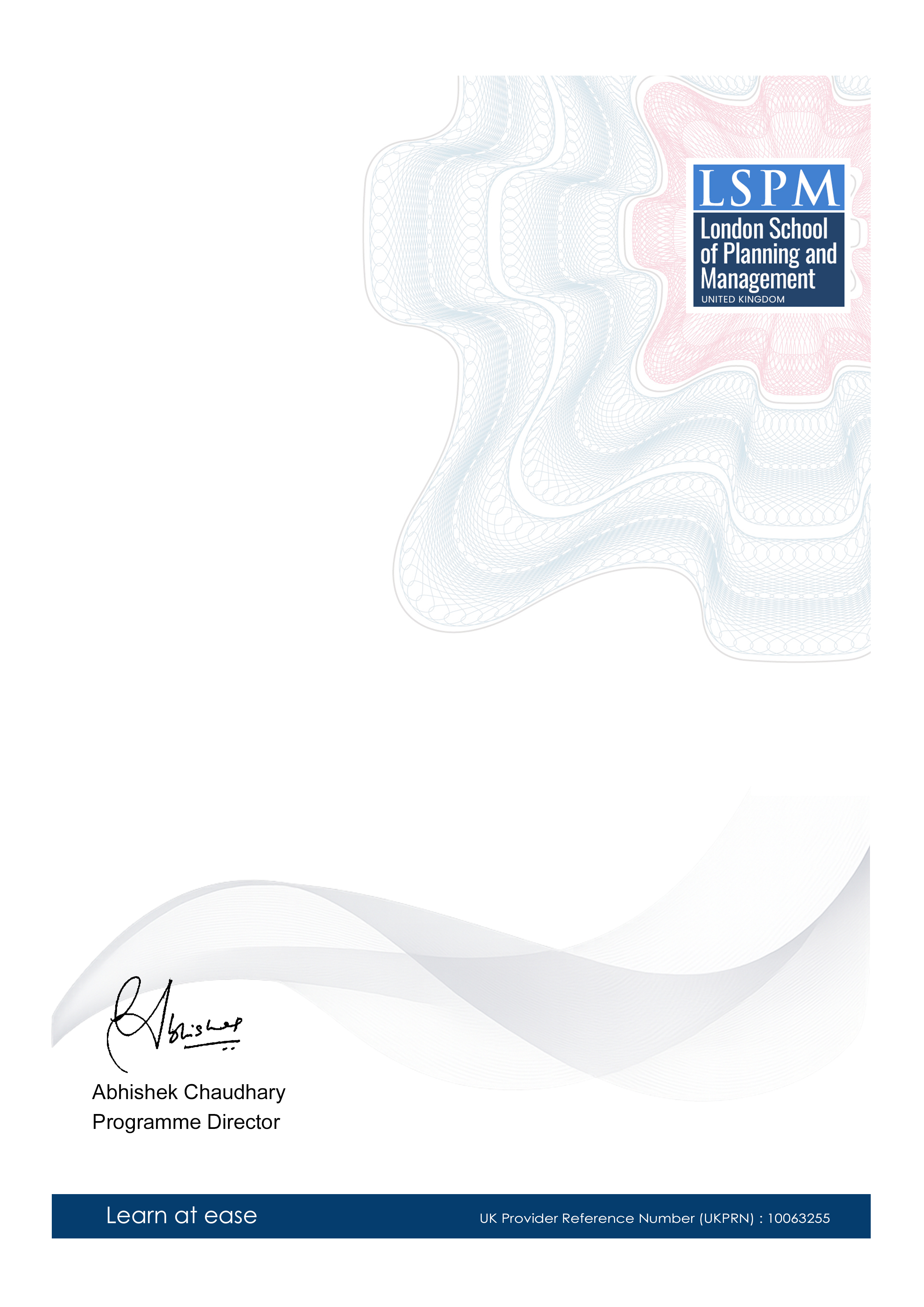Advanced Certificate in Sustainable Fisheries Analytics
-- viewing nowThe Advanced Certificate in Sustainable Fisheries Analytics is a comprehensive course designed to equip learners with essential skills for managing and conserving fishery resources. This program is critical in today's world, where the fishing industry faces significant challenges, including overfishing, climate change, and habitat destruction.
4,191+
Students enrolled
GBP £ 149
GBP £ 215
Save 44% with our special offer
About this course
100% online
Learn from anywhere
Shareable certificate
Add to your LinkedIn profile
2 months to complete
at 2-3 hours a week
Start anytime
No waiting period
Course details
• Advanced Fisheries Data Analysis: An in-depth study of statistical methods and software tools used for analyzing fisheries data, focusing on sustainable fisheries management.
• Ecological Modeling for Sustainable Fisheries: Explores the use of mathematical models to understand and predict the dynamics of fish populations, their environment, and the impact of fishing practices.
• Climate Change and Fisheries: Examines the effect of climate change on global fisheries and introduces strategies for mitigating and adapting to its impacts.
• Fisheries Stock Assessment: Delves into the techniques used for estimating the abundance and biomass of fish stocks, enabling informed management decisions.
• Spatial Analysis in Fisheries Management: Covers the application of geographic information systems (GIS) and spatial modeling tools to analyze and visualize fisheries data in a spatial context.
• Fisheries Economics and Policy: Investigates the economic principles, policies, and management strategies that promote sustainable fisheries, minimizing economic impacts and ensuring long-term ecological stability.
• Ecosystem-Based Fisheries Management: Emphasizes the importance of managing fisheries at the ecosystem level, addressing interactions between fish populations, their environment, and the human communities that depend on them.
• Advanced Monitoring and Surveillance Techniques: Examines cutting-edge technologies and methods for monitoring and enforcing sustainable fishing practices, including satellite tracking, remote sensing, and data-logging devices.
• Stakeholder Engagement and Collaborative Management: Explores the role of local communities, indigenous peoples, and other stakeholders in sustainable fisheries management, emphasizing participatory approaches and conflict resolution strategies.
Career path
Entry requirements
- Basic understanding of the subject matter
- Proficiency in English language
- Computer and internet access
- Basic computer skills
- Dedication to complete the course
No prior formal qualifications required. Course designed for accessibility.
Course status
This course provides practical knowledge and skills for professional development. It is:
- Not accredited by a recognized body
- Not regulated by an authorized institution
- Complementary to formal qualifications
You'll receive a certificate of completion upon successfully finishing the course.
Why people choose us for their career
Loading reviews...
Frequently Asked Questions
Skills you'll gain
Course fee
- 3-4 hours per week
- Early certificate delivery
- Open enrollment - start anytime
- 2-3 hours per week
- Regular certificate delivery
- Open enrollment - start anytime
- Full course access
- Digital certificate
- Course materials
Get course information
Earn a career certificate

